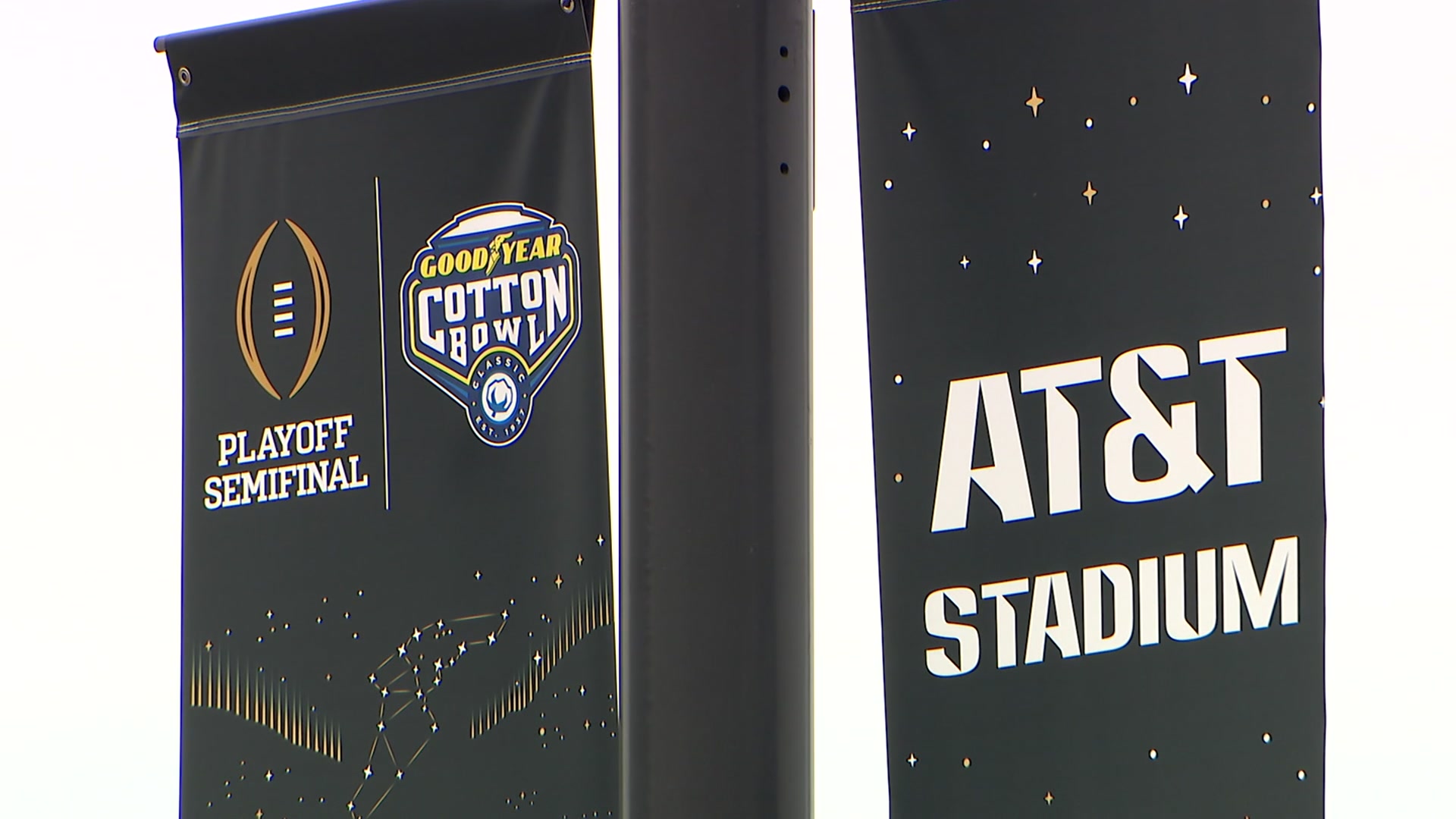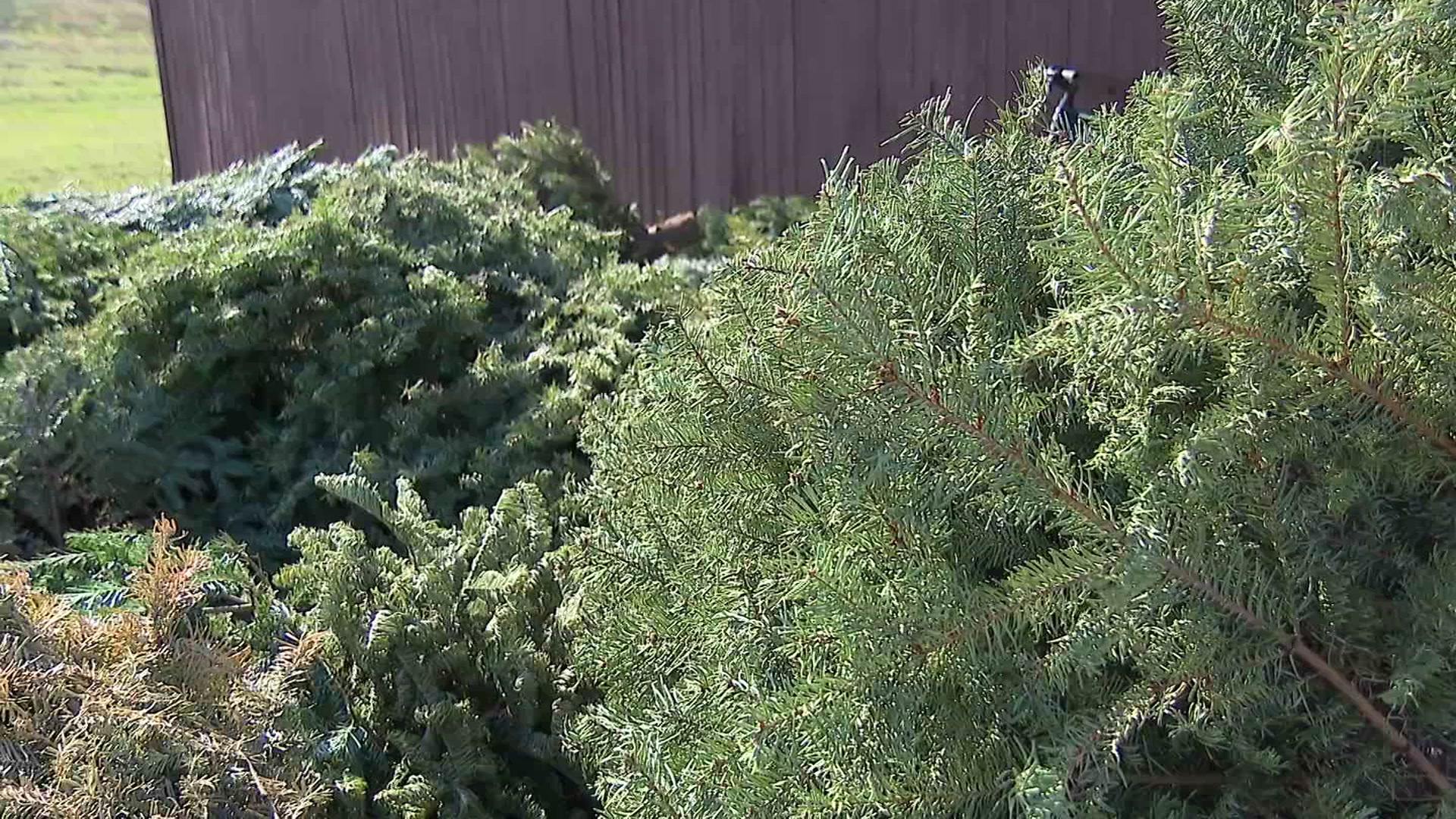It has been a frustrating start of the new year for many North Texans who waited hours to get a COVID-19 test, only to wait days on end for their results.
“I am a teacher and I really need to know to be able to go back to work,” Gabriela Castillo said.
Last Wednesday, a worried Castillo began to feel cold-like symptoms.
“I had congestion, sore throat. I didn’t have a fever,” she said.
Get top local stories in DFW delivered to you every morning. >Sign up for NBC DFW's News Headlines newsletter.
She decided to get tested at the Vernon Newson Stadium in Mansfield to be sure.
“I was supposed to get the results in about 24-36 hours, but I received them today,” she said on Tuesday. “This morning, two hours ago around 8:30 in the morning. So that was six days. It’s crazy. I don’t know why they are taking so long.”
It is a frustrating delay many NBC 5 viewers are sharing.
Local
The latest news from around North Texas.
A number of people say they’ve waited anywhere from three to six days for their COVID-19 PCR test results.
Medical professionals consider the polymerase chain reaction, PCR, test more accurate and reliable than rapid antigen tests.
Cities and counties contract with a number of certified laboratories to process testing results, including NOMI Health based in Austin.
“All the labs are doing their best to keep up with [demand], but it is just a monumental volume that’s never been seen before,” said NOMI Health founder and CTO Boe Hartman.
Hartman says his laboratory is serving Frisco and beginning this week, Dallas, and reports a sharp rise in testing demand beginning on the east coast and now becoming more pronounced in Texas.
“This is about three to four times the volume that we’ve seen,” he said. “At the peak last year, we did 60,000 tests in one day [and now] we’ve had multiple days of over 120,000 patient interactions.”
More demand means longer wait times for results.
“Across the United States, the lab capacity was already quite low coming through the pandemic,” said Hartman. “With these massive waves coming through, this has caused a bit of delay in getting some results out there.”
His advice? Get an antigen test if possible, “so you can get a quick read.”
Hartman says it’s also good to reach out to the provider where your shot was given.
Some people report calling customer service numbers for answers only to be placed on hold for hours before their call is dropped.
Hartman says his lab’s call center has been inundated with calls and asks for patience and understanding.
“We try to actually make sure that we do engage with everybody,” he said. “We also have chat available on our web portals as well as emails.”
Although she was not convinced it was accurate, Castillo feels fortunate to have received a rapid test which led to her isolating herself from her husband and baby as she awaited her PCR results from GeneIQ.
GenelQ released a statement saying:
"Due to the drastic increase in demand for COVID-19 testing over the holidays as a result of the highly transmissible Omicron variant, we are experiencing delays in turnaround times for our COVID-19 PCR test results. To remedy the situation, we are rapidly increasing our staff, broadening our operating hours, and opening additional drive-thru locations in order to reduce wait times.
Traditionally, our PCR test results are available 24-36 hours after receipt of the specimen, however, due to the recent unforeseen circumstances, we are experiencing longer than normal processing times. We are working to report results as quickly as possible and expect to return to a 48-hour turnaround time in the coming weeks. We sincerely apologize for the inconvenience this has undoubtedly caused our valued clients and appreciate their patience as we navigate through this unprecedented demand. We value our patients’ trust to keep them informed and safe and are committed to providing the highest level of service to our clients and to the overall healthcare industry."
Another lab serving North Texas is Quest Diagnostics.
A spokesperson tells NBC 5 a surge in demand for COVID-19 tests has led to longer turnaround times, taking an average of two to three days.
To help ease the delay, Quest is reactivating its lab referral program which sends some tests to partner labs.



